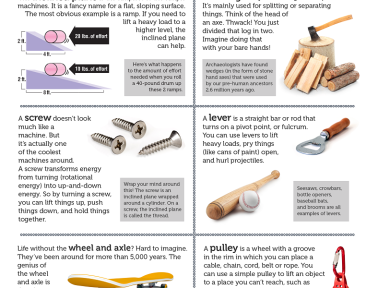My husband is a natural when it comes to principle-based parenting. (That should be a whole post in itself.) Rather than laying down all the rules, he’ll state the principle and ask our boys how they propose we should go about implementing it. Here’s how that went down recently.
Dad: I need you to listen to what I’m asking you to do and follow those directions. What can I do to help you listen? Would it help if I talk more quietly or loudly or what? What do we need to do?
Son: Probably give me treats. (Other suggestions included buying lego sets and taking trips to Chuck E Cheeses.)
My husband and I gave each other wide-eyed looks.
I’ve written before about intrinsic motivation and positive reinforcement, and even had an expert panel weigh in on the issue. His response was basically one big caricature of everything I oppose philosophically. “Buy me stuff and maybe I’ll do what you say.”
I took a deep breath and responded:
“You know all the things Mom and Dad do for you — like making you dinner and reading you stories? We don’t do that because anyone is giving us stuff. We do that because we love you. And when you help out or follow directions, that shows love too.”
I wondered if he’d get it. He thought about it. He’s a very thoughtful — and very loving — six year-old. And it seems that he did.
That’s not to say that we never use rewards in our home, but I just don’t believe in responding to child behavior like a dog trainer. I’m not keen on carrying a bunch of treats around in my pocket and popping them in little mouths for each and every act of obedience.
Beside the fact that over-the-top bribery reduces intrinsic motivation (and the contents of my wallet), it also fails to teach about the real motivators behind behavior in the context of social relationships.
I observed in a kindergarten classroom some time ago where the teacher’s attention-getting phrase was “Show Me Love”. It was essentially the same as the “Give Me Five” technique I use, but was grounded in an understanding (which I’m sure was clearly discussed at the beginning of the year) that when you love and respect someone, you show that in the way you treat them. It wasn’t just about the act of good listening, it was about good social skills and respect.
There are many ways we can influence child behavior, but do we always take the time to teach them why? To tell them what they communicate with their choices and how those choices influence other people?
It’s something that’s been on my mind.
What do you do to help the children you love and teach to connect behavior to relationships?
<!–
–>










